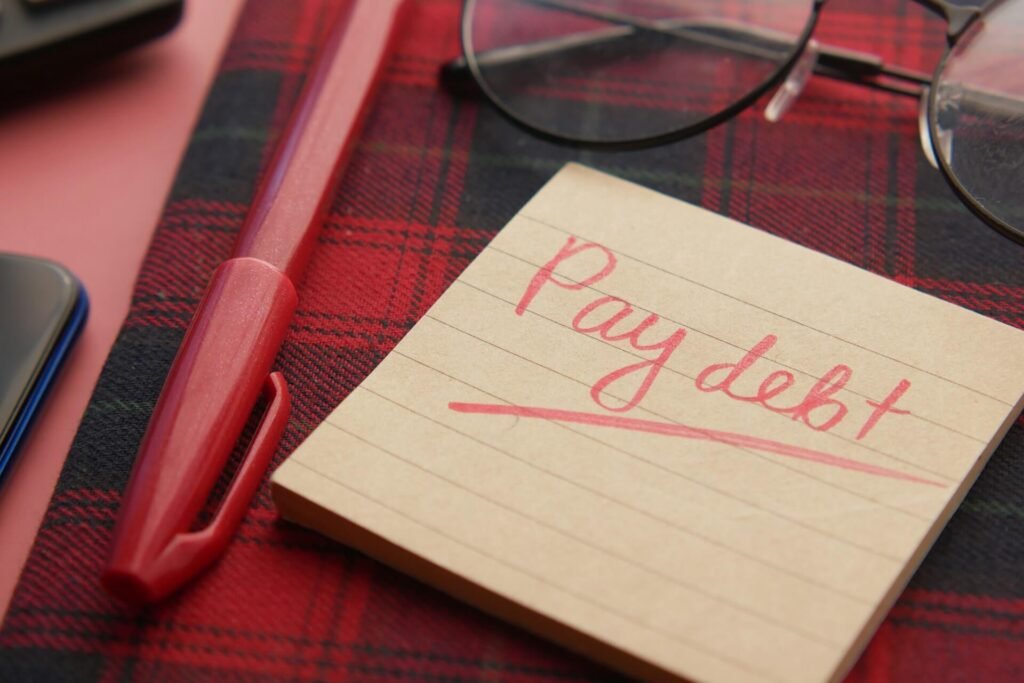Money and finance–we all have our stories when it comes to money, and we most definitely have histories with debt–a quick loan here, some cash favor from a friend, or a bill we just haven’t got the funds to clear out…talk about those rent dues. Sometimes, it’s just hard to get out of financial debt. Not that we opt for debts we can’t settle, but more because life happens, things don’t work out and all that’s left is to make lemonade with the proverbial lemons. I mean, a loan for a business that didn’t work out, rent dues, study loans…one can never really tell what might pop up and require the additional funds they lack at that moment.
That said, a debt should be no cause to run awry and lose it all. Granted, they are pretty stressful, but then again that’s life. So here are a few financial tricks of the trade, getting out of debt, and staying out of it.
1. Embrace the Power of Budgeting
Think of a budget as your financial GPS, It shows you where your money is going and helps you steer it in the right direction; simply because to know where your money is going you need to keep track of your income and expenditure. Start by listing all your income sources and monthly expenses so that you get some kind of clarity on how much you have, and how much you spend. This clarity lets you identify areas where you can cut back and strategize how you can better utilize your available funds.
2. Prioritize Your Debts Strategically
Not all debts are created equal. Some come with higher interest rates that can balloon over time. Consider the “avalanche” method: focus on paying off debts with the highest interest rates first while maintaining minimum payments on others. This approach can save you money in the long run. Alternatively, the “snowball” method involves paying off your smallest debts first, giving you quick wins and motivation to tackle larger ones. Choose the strategy that resonates with you.
This isn’t for the institutional loans alone, even debts with friends can be prioritized following different criteria– how does one collect their debts, who gave a deadline…
3. Curb Unnecessary Spending, Save for Your Debt
It’s time for a spending reality check, you don’t always need the stuff you want to buy, so, differentiate between needs and wants–do you need that new gadget, or is it a fleeting desire? Adopting a minimalist mindset can be transformative and helpful in saving up some funds to clear your debts. Some individuals have embraced “no-buy” periods, focusing on purchasing essentials only and using up what they already have. This practice not only saves money but also reshapes spending habits.
4. Build an Emergency Fund
Life is unpredictable, an unexpected car repair or medical bill can throw a wrench in your financial plans. By setting aside a small emergency fund—say, $500 to $1,000—you create a buffer against unforeseen expenses, reducing the temptation to rely on credit cards or loans. Start small; even saving a little each month can add up over time and save you from that unexpected expense loan.
5. Stop Taking on More Debt.
Unless you are in a very desperate situation, the wise option is to hustle out your way without another loan pilling on top of already existing obligations. Pilling up bills, and loans and still going for more is not quite a good idea, your goal should be to reduce the total amount you owe, not to increase it.
6. Explore Debt Consolidation
If you’re juggling multiple debts, consolidating them might be a viable option. Debt consolidation involves combining several debts into a single loan, often with a lower interest rate. This simplifies your payments and can potentially reduce the total interest you pay. However, it’s essential to research and ensure that consolidation aligns with your financial situation.
7. Increase Your Income Streams
Sometimes, cutting expenses isn’t enough. Boosting your income can accelerate your debt repayment journey. Consider side gigs or freelance opportunities that align with your skills. Selling unused items online or at local markets can also generate extra cash. Every additional dollar earned can bring you closer to a debt-free life.
For tips on this, check out Forget Trends: 6 Proven Principles for Building a Profitable Business
8. Stay Accountable and Seek Support
Embarking on a debt repayment journey can feel isolating and pretty hard–for some reason it’s always easier acquiring the loan, but paying up often feels like a loss to many. that said, you don’t have to go through it alone. Share your goals with a trusted friend or family members who can offer support and hold you accountable. Joining financial wellness groups or online communities can provide encouragement, tips, and a sense of camaraderie.
9. Educate Yourself Continuously
Financial literacy is a powerful tool. The more you know about managing money, the better equipped you’ll be to make informed decisions. Numerous resources, from books to online courses, can enhance your understanding of personal finance. Knowledge empowers you to navigate financial challenges confidently. Why Your Budget Always Fails Before End of Month.
10. Plan for the Future
Once you’ve tackled your debt, it’s crucial to implement strategies to stay debt-free. This includes regular budgeting, maintaining an emergency fund, and setting financial goals like saving for retirement or a significant purchase. Planning for the future ensures that you remain in control of your finances and can enjoy the fruits of your hard work.
Remember, getting out of debt doesn’t happen overnight. It requires patience, persistence, and a proactive approach. By implementing these strategies, you’re laying the foundation for a financially secure and debt-free future. Stay committed, and celebrate each step you take towards financial freedom.




